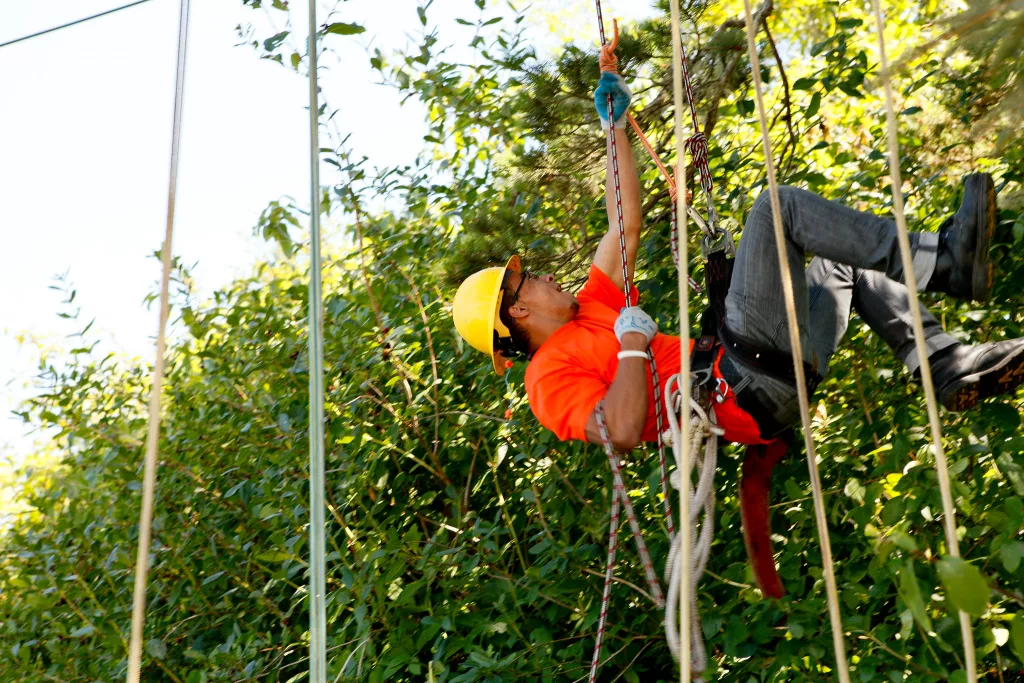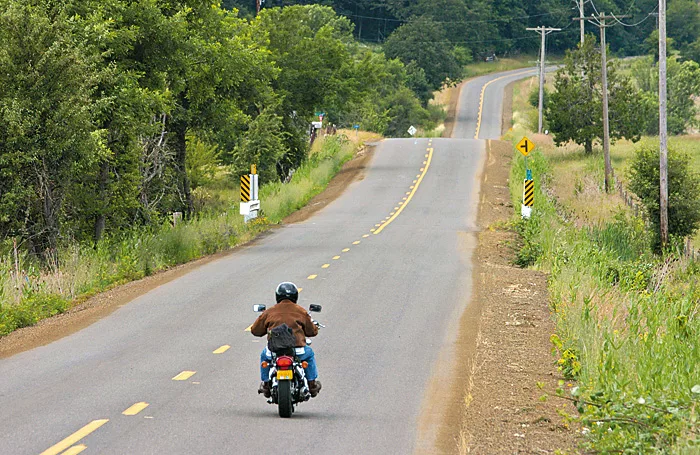(SALEM, Ore.) – The Oregon Department of Forestry (ODF), in cooperation with the U.S. Forest Service, is now taking proposals from the nine federally recognized Tribes of Oregon for grants they could receive for urban and community forestry projects and programs.
In 2023, the U.S. Forest Service (USFS) awarded ODF’s Urban and Community Forestry (UCF) Program $26.6 million of the $1.5 billion investment in urban and community forestry from the Inflation Reduction Act (IRA).
“The IRA funding Oregon received is intended to promote community and urban forest investment and tree equity for overburdened and underserved communities,” said ODF UCF Program Manager Scott Altenhoff. “Tribal communities in Oregon have a long history of displacement, dispossession and under-investment in their communities. So, a significant proportion of the funds – $10 million – are earmarked to support federally recognized Tribes’ efforts to protect and enhance their urban and community forests. This also includes workforce development in the urban forestry sector.”
Specifically, priorities for the funds earmarked for federally recognized Tribes are to:
- Support community and urban forestry assessment, planning, and prioritization
- Support culturally responsive community and urban forestry education, engagement, recreation, and community-building initiatives
- Build capacity with collective impact through a community and urban forestry network
- Support community forestry and natural resource-related workforce development
- Significantly expand tree production, planting, and maintenance
- Support monitoring, adaptive management, and lesson sharing
The USFS and ODF have also identified projects or programs related to first foods (foods traditionally eaten by Native Americans) and improving community access to greenspaces (e.g., developed parks or natural areas) as priorities for this funding opportunity.
Proposals should address at least one of the above program priority areas, or clearly demonstrate how the proposed project or program supports Tribal community connections to trees and/or forests, said Altenhoff.
He acknowledges that the program areas outlined may not fully reflect each Tribal Nation’s community and urban forestry needs and priorities.
“We recognize that working with Tribes through this federal funding is critical to strengthening relationships and supporting the needs of Tribal communities to enhance cultural, socio-economic, and environmental priorities,” Altenhoff said.
Altenhoff said a further $12.5 million will soon be made available to other eligible entities throughout Oregon. The money will fund competitive, multiyear investments in urban and community forestry programs and projects. Proposals for this second funding opportunity should:
- increase equitable access to urban tree canopy
- broaden community engagement in urban and community forest planning, tree planting, and management activities
- improve community and urban forest health and resilience.





